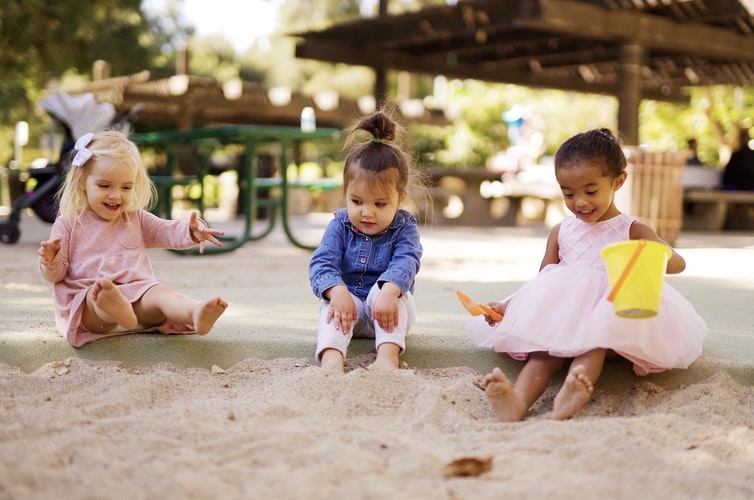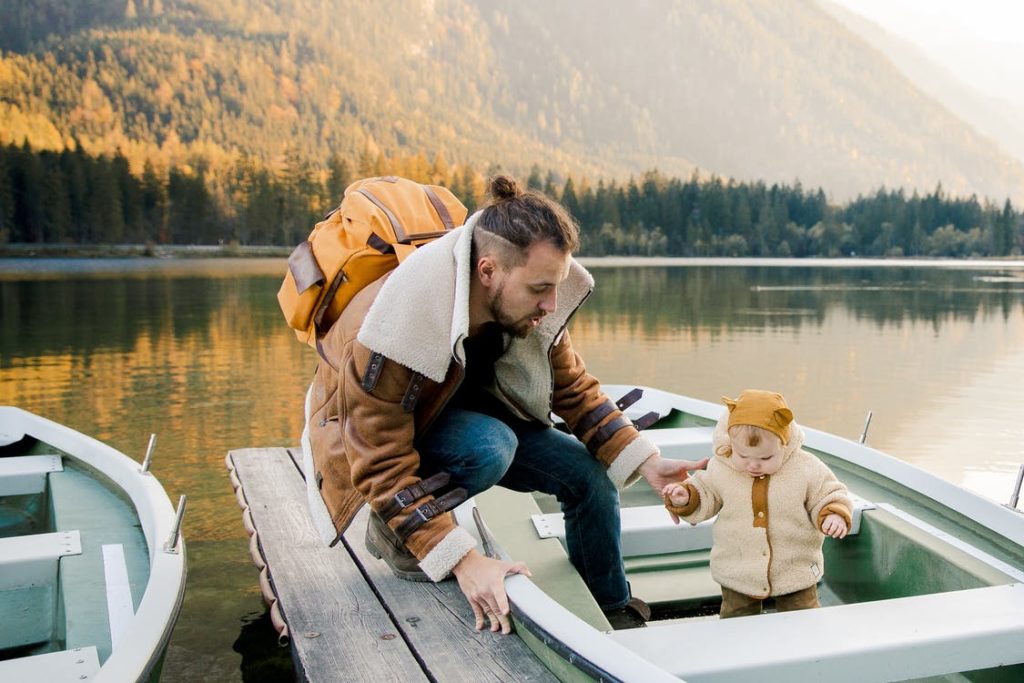Traveling with babies is a challenge, especially when the journey is long. It throws off routines and places new demands on people. It’s impossible to predict how traveling by automobile with your baby will go. You can’t even guarantee that it will be the same as the last time you attempted it. Babies develop and evolve with time. Travel stress can be reduced by planning ahead of time and involving children in the process.
Regardless of how old your child is, you have a lot of work ahead of you. When it comes to preparing the child for travel, time is the key. You’ll need as much time as possible to plan, organize, and pack. Forget about taking a vacation on the spur of the moment or cramming everything into one day. During the trip, don’t even consider trying a new-age sleep hack on your youngster. That is a sure way to deplete your energy and sanity.
Don’t be concerned. The following are some helpful hints for making traveling with your newborn as easy as possible.
Safety Comes First
Of course, safety comes first. Make that you have a good baby car seat and that it is correctly installed. If you rent a car, inquire about airbags to avoid accidentally putting your infant in a seat with an airbag. And, if you’re bringing your baby car seat, be sure of car seat compatibility, so you ensure that your baby is safe and comfortable.
Expect to stop frequently if you’re driving alone with your baby. Also, use mirrors to ensure that you can see your infant without losing sight of the road.
Plan Travel Around Your Infant’s Natural Sleep Cycle
While this isn’t always practical, it’s a good idea to schedule your journey around your child’s typical sleeping hours. This method may not work on a long-haul trip, but if you’re only flying for a few hours and have some flexibility, it’s worth a shot. If you’re driving, make sure to schedule your journey to maximize your baby’s sleep. It’s ideal to time your flight, train, or car ride around your baby’s standard sleeping patterns, so they don’t get too restless.
Carry Baby Toys
Traveling with newborns and babies typically necessitates some form of entertainment. Having a clip-on toy, they can’t lose to keep them occupied can make or break a trip, especially if they need something to do other than stare out the window.
Toys come in various shapes and sizes; choose ones that will help engage your baby’s senses with all the different things to touch and gaze at. However, make sure that any toys they attach to their car seat do not jeopardize the seat’s safety.
The activity mats that attach to the headrest when your baby is in their rear-facing seat are another toy choice. It means you won’t have to remember to bring a toy to the car because it’ll be waiting for you, and it’ll keep your child occupied as you travel to your destination.
Pick a Family-Friendly Destination

Choose a family-friendly, peaceful destination. Consider a family beach getaway, a family campsite, a family holiday park, or another child-friendly location. If you’re renting a house, ensure the pool is securely gated, the garden is enclosed, and safety equipment such as stair gates is given.
Avoid crowded and overstimulating tourist attractions, as well as sites with no shade or city breaks. Look for hotels that allow youngsters to stay in their parents’ rooms for free. Many also offer complimentary lunches to youngsters or offer breakfast buffets. Inquire about childcare services, creches, and other child-friendly amenities.
Boost Immunity Beforehand
It would help if you enhanced your child’s immunity for them to travel safely. Having a sick child in an unknown area can be terrifying. The best thing to do is ensure that everyone’s immune system is in good shape weeks before traveling. You can help by providing that your child eats well, takes vitamins, and gets enough sleep. It won’t protect you against every ailment, but it’s a start. Carry the phone numbers for local doctors and hospitals just in case.
Always bring along medication, such as a fever and pain reliever, a stomach med, a thermometer, and many bandages. When you’re on the road, a bottle of hand sanitizer or wipes can come in handy.
If you’re taking your kid on a foreign trip, be sure you’ve done your homework on the place you’re going. You may require vaccines or information on common ailments when traveling. You might also need to bring a car seat or other safety equipment that isn’t readily available or doesn’t meet your destination’s safety regulations. Do your research because your kid will be more vulnerable to any changes in a new nation, such as diet, climate, and disease.
